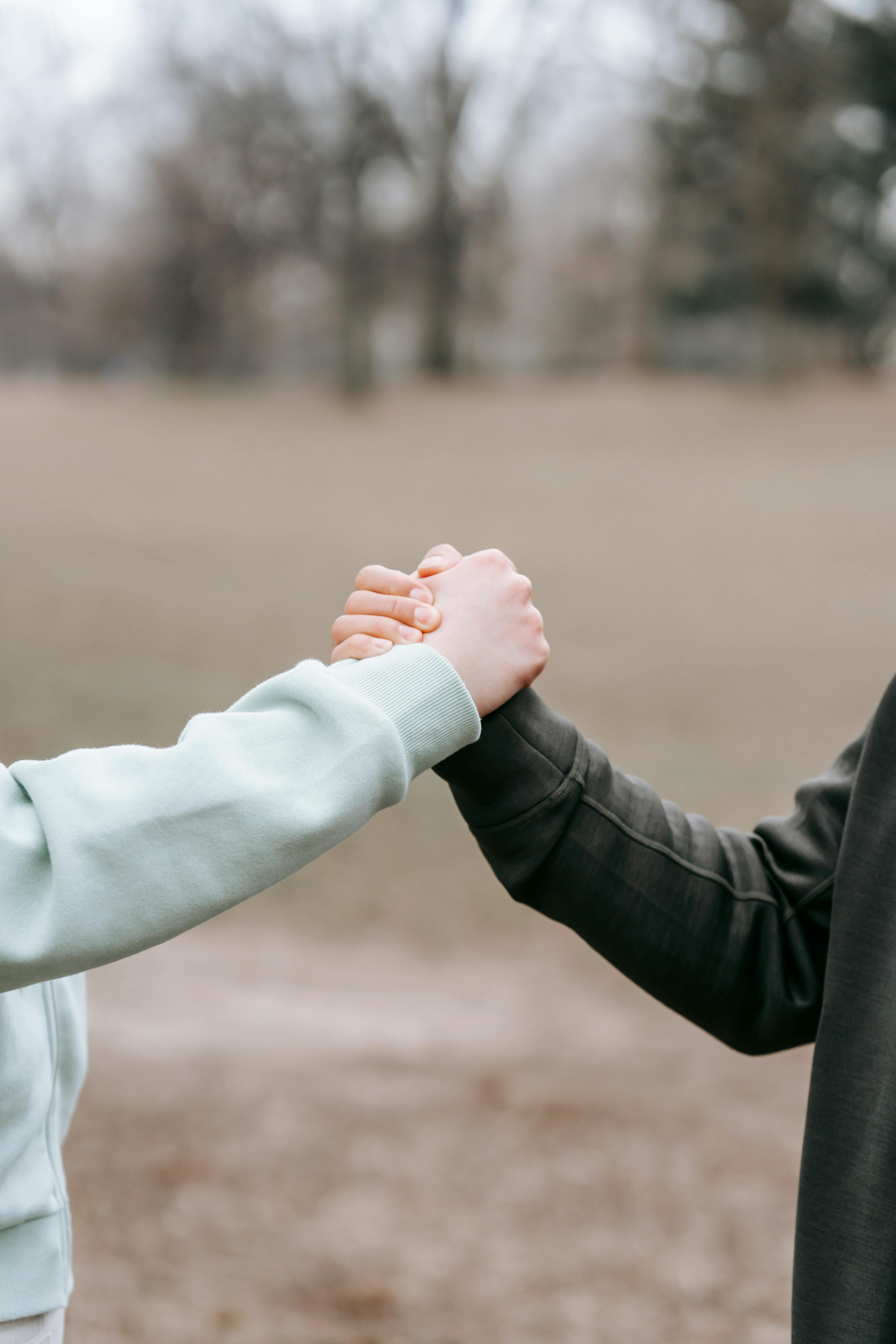Victims of forced displacement face numerous challenges in obtaining the protection they deserve under international law.
Alongside the frequent delays in obtaining protection documents, many refugees also encounter language barriers and lack information on how to effectively communicate their situations when dealing with administrative processes. As a result, many people deserving refugee status are unable to obtain it and are forced to live on the streets as undocumented migrants, exacerbating their circumstances and exposing them to heightened risk of vulnerabilities.
To address this injustice, the Umbrella Refugee Committee, as an initiative led by, with and for victims of forced displacement, established the Mobile Teams.
What are our Mobile Teams?
Mobile Teams are coordinated groups of refugee volunteers who serve as focal points and facilitators for outreach activities, providing protection to victims of forced displacement of all nationalities.
With and for
refugees:
The fruit of
self-resiliance
Our Mobile Teams’ volunteers are refugees themselves coming from different countries, such as Afghanistan, Burundi, DR of Congo, Eritrea, Pakistan, Rwanda, Syria, or Ukraine.
Therefore, our teams not only assist others in their native languages but are also the best ones to deeply understand and empathise with other refugees’ situations.
Our teams receive specialised training by the UNHCR on protection and integration mechanisms to strengthen their impact.
Trained
teams
What are our Mobile Teams doing?
1
Emergency assistance
in native languages
2
Provision of information
on asylum system
3
Referrals to health
and social services
4
Data
collection
Our Mobile Teams reach out to vulnerable communities on a regular basis. The volunteers listen to them and gather data on their situations and needs. The Umbrella Refugee Committee subsequently issues reports on the collected information to better guide our operational priorities.
Serving as key intermediaries between refugees, instiutions and local service providers, our facilitators provide refugees with information on asylum and reception systems, share sucessful administrative experiences, and refer communities to local healthcare and social services for inclusion. To tackle language barriers, Mobile Teams also help refugees in their administrative procedures by serving as translators.
We want to create meaningful connections et ensure ongoing support. With this aim, our Mobile Teams add the vulnerable refugees in instant messaging platforms. By this, we do not only share events et informative sessions but also become immediate emergency assistance structures; if refugees in the street need something, our teams are ready to help.

Recent examples
Dring COVID-19 pandemic, our Mobile Teams collaborated closely with governmental and civil society organizations. For instance, team members volunteered with Médecins Sans Frontières Belgique (MSFB) mobile clinics, providing health and translation support, and assisted municipal authorities in producing masks.
Another recent example of our Mobile Teams active engagement with homeless refugees was the informative session on homelessness on May 2nd, 2024 at our refugee Community Centre, were more than 100 refugees attended to listen to the advices of the Umbrella Refugee Committee, and share their doubts and concerns.
Lately, our Mobile Teams have been collecting data ont he situations of homeless refugees to produce evidence-based solutions and help the government create a proper plan to address this injustice.
Our Mobile Teams’ dedication to
protecting others
is the true essence of
solidarity, brotherhood et self-reliance.


0 Comments